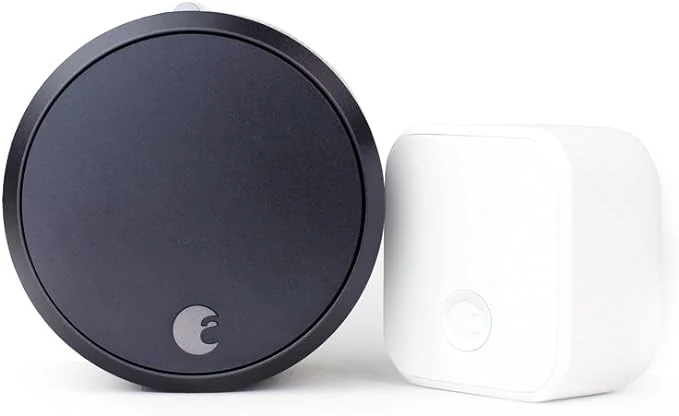Accurate measurement is the backbone of precision engineering, manufacturing, construction, and scientific research. From crafting delicate components to constructing skyscrapers, the choice of measurement tools directly impacts quality, safety, and efficiency. Among the myriad of instruments available, rulers, calipers, micrometers, and laser distance meters stand out for their versatility and specialized applications. Let’s explore these tools and understand their significance across various industries.
1. Rulers: The Foundation of Basic Measurement
Description & Functionality:
Rulers are perhaps the most familiar measurement tools, typically made of wood, plastic, or metal. They provide quick, straightforward measurements of length, width, or height, usually in centimeters and inches.
Applications in Industries:
Education & Craftsmanship: Teaching basic measurement concepts and small-scale projects.
Manufacturing & Assembly: Quick checks of dimensions during initial stages.
Design & Prototyping: Sketching initial ideas and ensuring preliminary dimensions.
While rulers are simple and cost-effective, they lack the precision required for high-accuracy tasks but remain essential for foundational measurements and quick assessments.
2. Calipers: Precision in Intermediate Measurements
Description & Functionality:
Calipers are versatile tools capable of measuring internal, external, and depth dimensions with higher accuracy than rulers. They come in vernier, dial, or digital variants, with measurement ranges typically from a few millimeters to several inches.
Applications in Industries:
Mechanical Engineering: Measuring component dimensions to ensure parts fit perfectly.
Manufacturing: Quality control checks on machined parts.
Automotive & Aerospace: Precise measurement of engine components and structural parts.
Jewelry & Dentistry: Measuring small objects with high precision.
Advantages:
- High accuracy (up to 0.01 mm in digital calipers).
- Ease of use for various measurement types.
- Portability and affordability.
Calipers bridge the gap between basic measurement tools and more advanced instruments, making them indispensable in settings requiring moderate precision.
3. Micrometers: The Pinnacle of Precision
Description & Functionality:
Micrometers, often called screw gauges, provide extremely precise measurements, often down to 0.001 mm. They are especially suited for measuring small distances, thicknesses, or diameters.
Applications in Industries:
Metallurgy & Material Science: Measuring metal thickness and surface roughness.
Manufacturing: Ensuring parts meet stringent specifications.
Aerospace & Medical Devices: Verifying dimensions where exact tolerances are critical.
Calibration Labs: Standardizing other measurement tools.
Advantages:
- Exceptional precision.
- Suitable for quality control and research applications.
- Available in various types, including outside, inside, and depth micrometers.
Micrometers are essential where even the slightest deviation can cause product failure or safety issues, exemplifying their role in high-precision industries.
4. Laser Distance Meters: Modern Precision for Large-Scale Measurements
Description & Functionality:
Laser distance meters utilize laser beams to measure distances rapidly and accurately over long ranges, often up to several hundred meters. They provide digital readouts and can include features like area calculation, indirect measurement via Pythagoras, and data logging.
Applications in Industries:
Construction & Architecture: Measuring building dimensions, room sizes, and site layouts swiftly.
Surveying & Land Development: Creating accurate topographical maps.
Interior Design & Real Estate: Quick measurement of spaces for planning.
Manufacturing & Industrial Maintenance: Measuring distances between machinery or structural elements.
Advantages:
- Fast and easy to use.
- Capable of measuring large distances accurately.
- Reduces manual errors compared to tape measures.
- Data can often be transferred directly to computers for analysis.
Laser distance meters exemplify the advancement of measurement technology, enabling professionals to perform large-scale measurements efficiently and with high precision.
Each measurement tool ruler, caliper, micrometer, and laser distance meter serves a unique role across industries, from basic assessments to high-precision manufacturing and large-scale surveying. Selecting the appropriate instrument depends on the required accuracy, object size, and environment. Mastery of these tools not only enhances quality and safety but also fosters innovation and efficiency across sectors.
Measurement tools will become even more sophisticated, integrating digital and automation features to meet the ever-growing demands of modern industry. Whether ensuring the fit of a tiny screw or mapping out a construction site, these instruments remain fundamental to turning precise measurements into precision engineering












